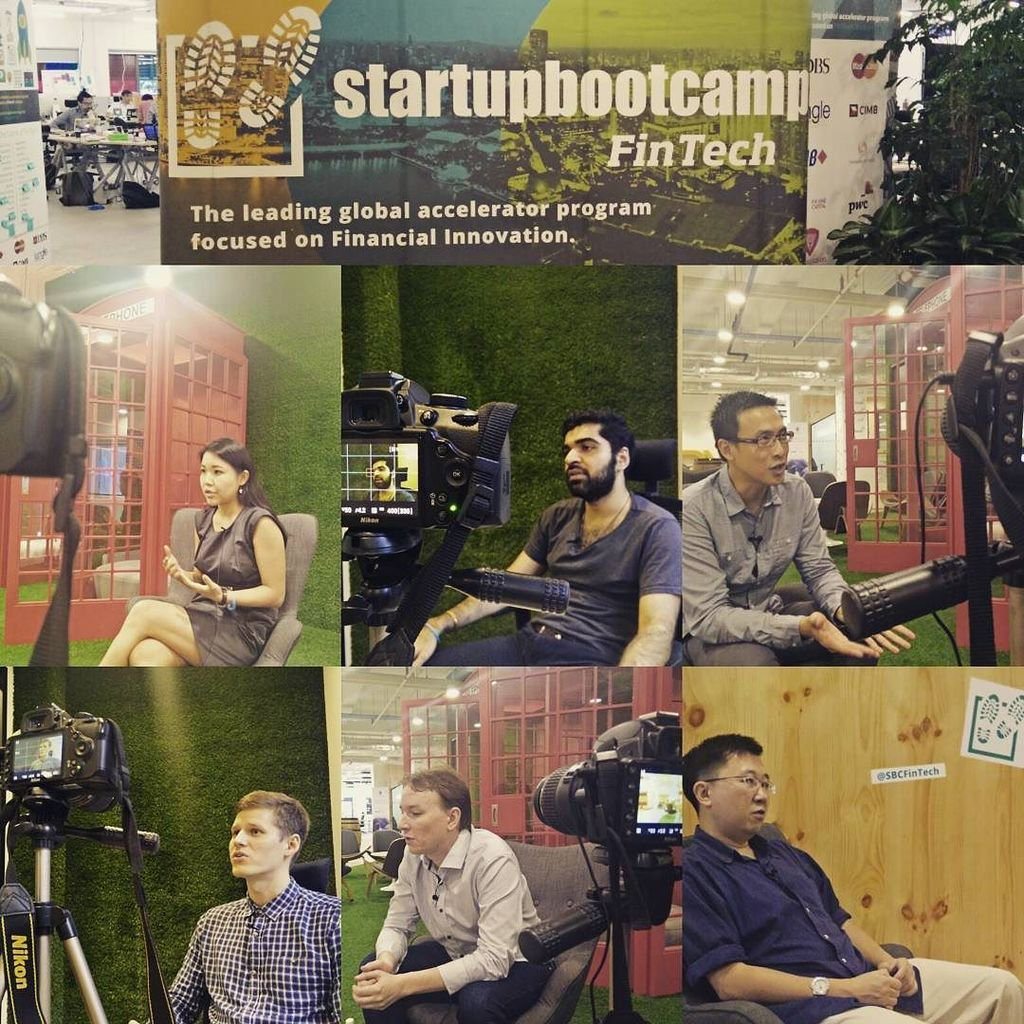A close approach to the FinTech Ecosystem in Singapore, made by 2geeks1city. FinTech experts and entrepreneurs in Singapore talked about the state of Fintech in Singapore, their challenges and the future of this trend in the coming years.
State of Fintech in Singapore
All experts in the interview agreed on one point, that Singapore is an ideal environment for fintech startups. Keir Veskiväli – CEO & Founder of Smartly – called Singapore as “Switzerland of Asia” because everyone are well-experienced in money management, unlike other countries in Asia where people don’t have bank accounts, payment solutions or credits. Lots of development have been made by the Monetary Authority of Singapore (MAS), the banking industry, and the whole government is really supporting their own startup ecosystem.
Quoting Keir, “Definitely Hong Kong is a place where you can do the same. But I would say Singapore might be more competitive so they try to be out there as the leader in the fintech space in the world. It’s a great place to be and to feel the support from the government to actually develop your ideas.”
“Singapore is a great place for Fintech startups because the MAS is very much encouraging to innovations and continue the changes in the fintech space. The sophistication and maturity of the financial system also play a huge part in building a great ecosystem for Fintech startups. “ Brian Teng – CEO of Invoice Interchange, said.
Singapore as A International Financial Hub?
Singapore is one of the leaders in the fintech scene in Asia, along with Hong Kong and China. In South East Asia, it is definitely the most developed one. Thanks to the government’s support with activities like giving out grants, take incentives call investments as well as holding conferences”, Singapore is coming close to be one of the financial hubs of the worlds just like New York, Silicon Valley, UK or Europe.
The Challenges
According to Christian König – Founder of Fintech News Singapore – there are 4 major challenges that Singapore fintech startups will have to face.
(1) Failure. “95% of fintech startups will not survive. They don’t have a business plan, or they only go with B2C and don’t go with B2B. Many fintech startups don’t understand that B2C is too tricky to get a customer. They need to think of getting one big one (for example a bank) as customer instead of one single account as customer.”
(2) Business Development. In a clearer explanation, Chris elaborated, “Many fintech startups are weak at selling and PR,”
(3) Marketing Strategy. Fintech startups still haven’t demonstrated a smart marketing strategy, for example the use of the power of content marketing.
(4) Compliance and Legal Knowledge. It is very important to understand this to get successful in Fintech startups.
While Val Jihsuan – CEO of Policypal – talked about gaining customer trust on this subject, Steven Tong -Managing Director of Startupbootcamp FinTech Singapore thinks fintech startups might need “a regulator who is more aggressive in thinking”, and Brian Teng thinks clear-cut regulations and quality talents and resources are notable challenges.
Collaboration: Incumbents And Insurgents
Vidur Malik – Co-Founder of Hektor – said, “Finance in Asia needs help. Banks and institutions need to get their acts together to work with Fintech startups. They’re actually doing a good job, engaging with startups, trying to work with them. But they could do a lot better. They should think more on long term about how they can support rather than buy the startup. “
Val Jihsuan insisted, “Collaboration is very important. Strategic partnerships will help startups in becoming successful.”
Future
Some predicts big changes will happen, some doubted that and expecting slight improvements in transparency and cost for financial services. Closing his interview, Christian König told 2geeks1city, “In 5 years I would say not many startups have survived but the successful ones they will collaborate with the other ones.”
Watch the full interview: “FinTech Ecosystem in Singapore – Documentary” by 2geeks1city
Featured Image: Pixabay














